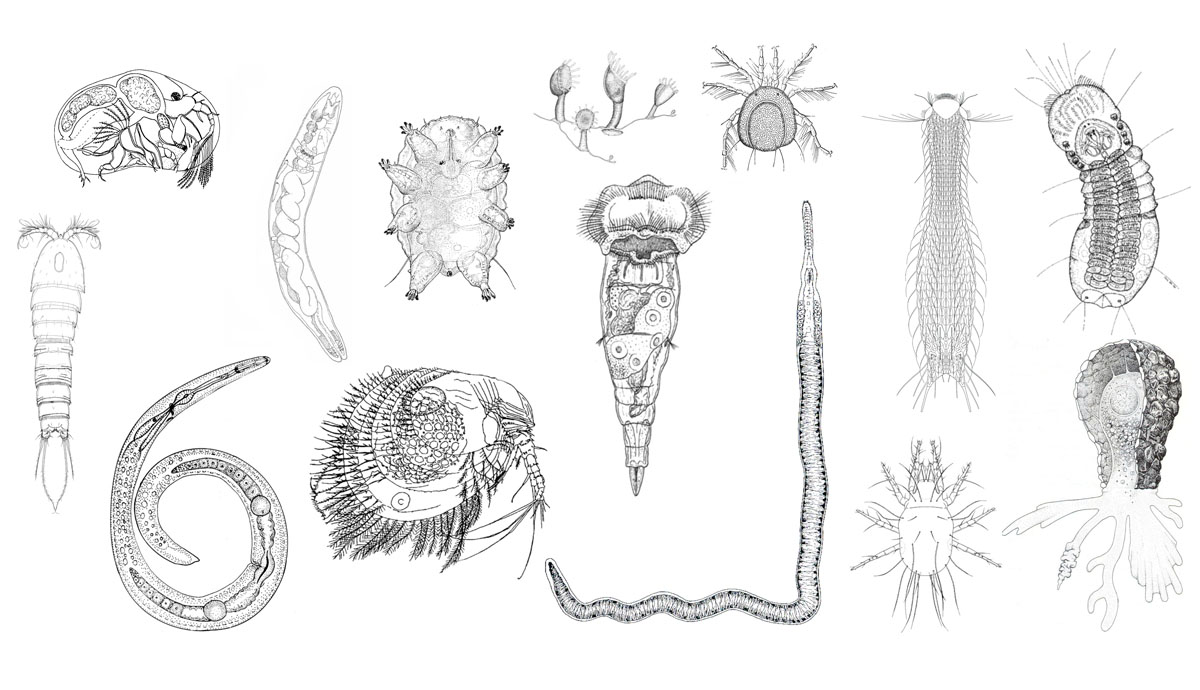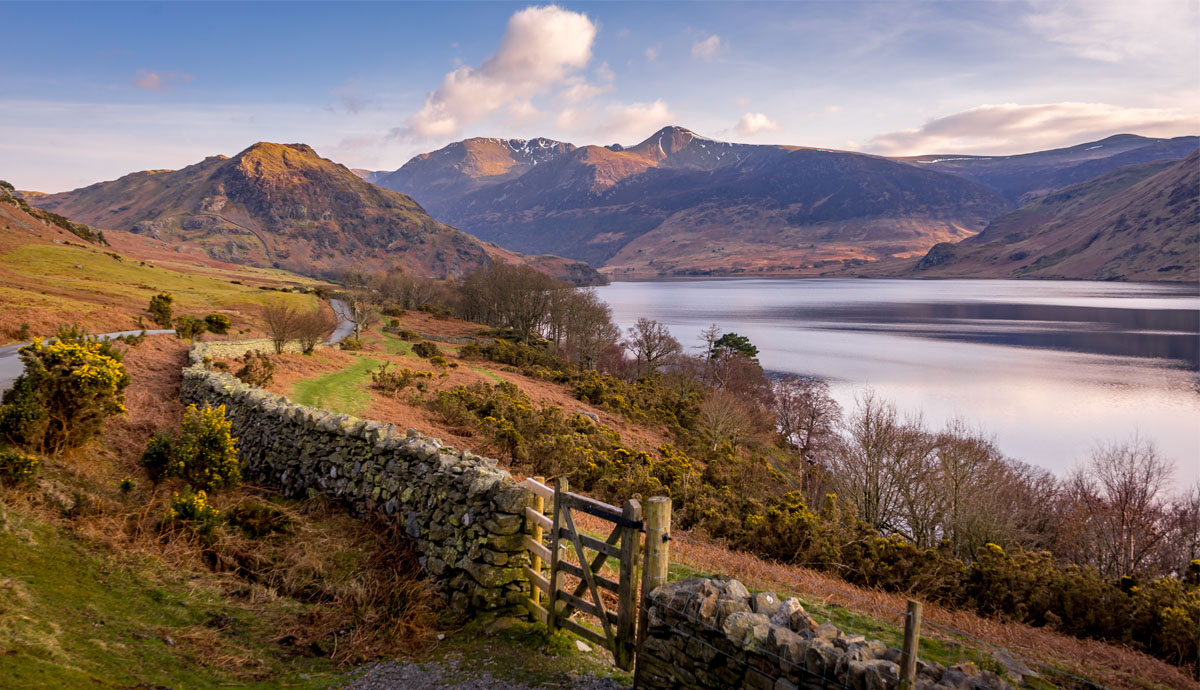Course Information
Applications to this course are now closed
When: 27 August-11 September 2025
Where: The Lake District – University of Cumbria Ambleside Campus

Join us in the iconic Lake District for a workshop focused on freshwater and limno-terrestrial meiofauna. This course is intended to support the next generation of meiofauna ecologists and systematists.
The meiofauna are marine and freshwater organisms found ubiquitously in sediments and aquatic plants. They include the microscopic aquatic invertebrates and protists such as nematodes, tardigrades and rotifers.
These communities are crucial for transferring energy and materials between the microbial and visible worlds. However, research activity is disproportionately low relative to the considerable species diversity and unparalleled phylogenetic diversity.
The sheer magnitude of this diversity and the need for careful microscopical study, particularly of live specimens, for proper identification has limited the taxonomic attention on these creatures. If ecological and applied studies consider meiofauna at all, it is typically only a few exemplar taxa that are recorded and only to a limited taxonomic resolution, such as family or order. DNA-based taxonomy stands to revolutionise this status quo. But with experienced taxonomists in demographic decline, the window to populate sequence databases with well-determined references assigned to Linnean taxa is closing.
This summer, we are organising a NERC-funded, all-taxon meiofauna workshop focused on freshwater and limno-terrestrial meiofauna. The course will be based at the University of Cumbria’s Ambleside campus in the iconic Lake District.

This workshop will be set in the iconic Lake District. © Steven Fleck/ Shutterstock
Our workshop will cover field techniques for sampling meiofauna in soils and mosses in limno-terrestrial habitats, as well as standing and running waters and groundwater. We will also consider the impacts of human land and water use patterns and climate change on these organisms.
We will have 13 taxonomists and ecologists, many of whom represent globally prominent experts, teaching the fundamental biology and natural history of various meiofauna groups. Each will focus on the microscopical techniques and morphological characters needed for identification and review the most important literature and database resources.
About 40% of this workshop will be dedicated to the practical study of living specimens. During this time, students will be able to practice advanced microscopical techniques and digital microphotography and videography.
Participants will also participate in practical training exercises on:
We expect this workshop to become a seminal experience for all participants, germinating enduring collaboration networks and new research directions.
Applications are welcome from anyone who expects to practice research in meiofauna systematics or ecology, including staff in environmental NGOs and charities, public sector bodies, ecological consultancies and education.
Early-career scientists of any nationality are encouraged to apply, especially those recently enrolled or expecting to enrol in a PhD programme. But preference will be given to those in NERC-funded projects.
We seek a competitive, diverse applicant pool encompassing a balance of female and male students from all backgrounds.
This workshop is free to all participants. Food, accommodation and travel expenses within the UK will be covered. We have a limited bursary available to cover the cost of childcare or other dependent care needs for applicants who would not otherwise be able to attend.
Applications to this course are now closed
When: 27 August-11 September 2025
Where: The Lake District – University of Cumbria Ambleside Campus
If you have any questions or would like more information about the course, please email Christopher Laumer.